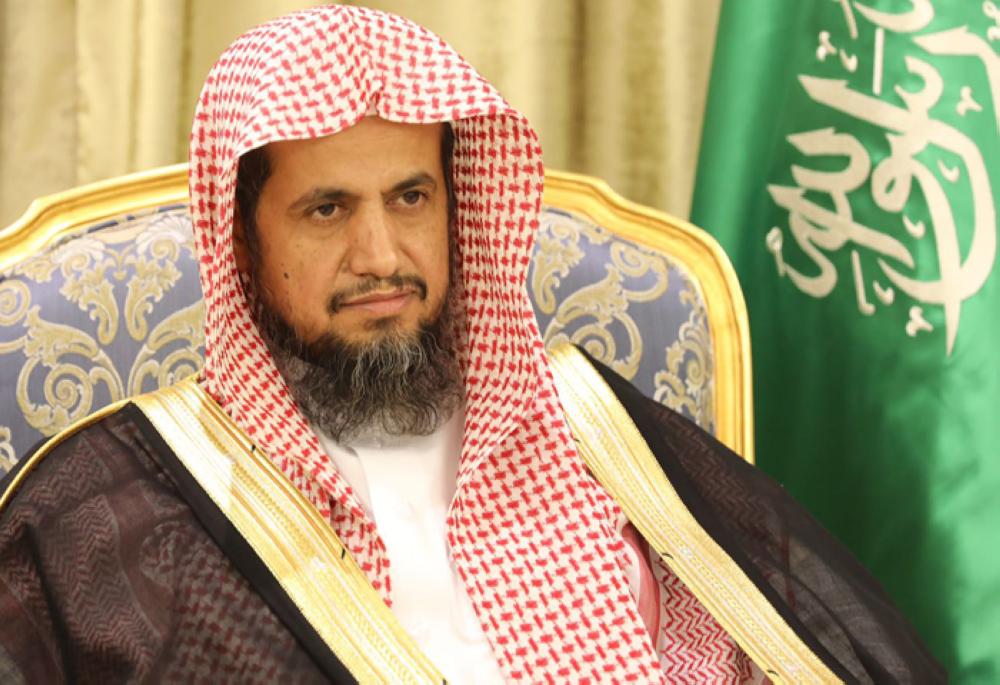Riyadh- Attorney General of the Kingdom of Saudi Arabia Sheikh Saud bin Abdullah al-Muajab has announced the establishment of a permanent committee to coordinate with the competent government authorities and implement requests for mutual legal assistance relating to criminal matters, especially international bodies.
The judicial cooperation agreements aim at enhancing international judicial cooperation, facilitating and speeding up procedures, exchanging information and providing international opinion and advice on how to apply for judicial cooperation.
Sheikh Muajab made the remarks while addressing the 22nd Annual Conference and the General Assembly of the International Association of Public Prosecutors, taking place in Beijing, China, to discuss the public interest issues.
He explained that the establishment of this committee was a response from Saudi Arabia to the requirements of international conventions, especially the United Nations Convention against Transnational Organized Crime and the United Nations Convention against Corruption.
He pointed out that the Kingdom has handed over 91 wanted persons of different nationalities to countries that are bound by bilateral, regional and international agreements, indicating that those are wanted or accused of terrorism, murder, forgery, cyber-crimes, fraud and breach of trust.
“Between 2015 and 2016, the Kingdom handed over 14 convicts, who were accused of carrying out crimes related to terrorism, forgery, theft, murder, fraud and many others,” Muajab added, noting that this came under the principle of reciprocity and international courtesy with countries with which it has no judicial cooperation agreements.
“Judicial cooperation is not new in the field of criminal justice, but we must recognize that through its previous applications it has built a cumulative legacy in all its legislative, procedural and practical components although this cumulative legacy gives us the confidence to start over in bringing about effective change mechanisms in the field of judicial cooperation among the competent judicial authorities in our countries to cope with the requirements of this era in its rapid changes.”
“Once there is serious will and confidence among the competent authorities of the country, this will enable them to cope with the significant growth in the number of requests for judicial cooperation in the context of investigation, public prosecution, and execution of judgements,” Muajab explained.
